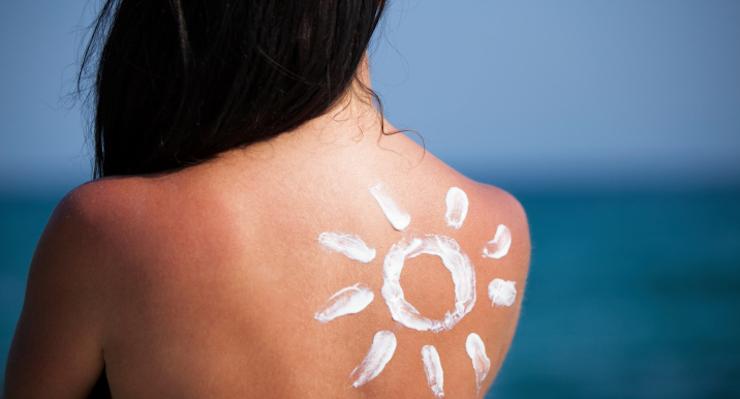
- Health advice
- Feb 04, 2016
Skin cancer awareness doesn’t have to put a damper on enjoying outdoor activities this summer.
Studies have shown that safe sun exposure actually decreases your risk of developing melanoma, the deadliest form of skin cancer.
There are three main types of skin cancer:
- Squamous cell carcinoma
- Basal cell carcinoma and
- Melanoma
Safe sun exposure
Only melanoma is considered deadly, due to the fact that it can rapidly spread to other areas of the body making early detection and safe sun exposure very important. The other two types of skin cancer are not deadly and in fact studies show that less than 0.5 percent of people die from non-melanoma skin cancers. The studies show that excessive tanning and burning increases your risk of developing melanoma, however, safe sun exposure (without burning) actually reduces your risk. They have even shown that people, who worked indoors out of the sun, had the highest rate of skin cancer and those who worked both inside and outside had the lowest risk.Why your body needs the sun
- Vitamin D This vitamin is essential to the overall health of your skin, bones, muscles, heart, brain and immune system but your body needs exposure to the sun to create it Skin cancer research shows that Vitamin D can stop melanoma cells from spreading by fifty percent and can even reduce your risk of developing skin, colon, breast, lung, pancreatic, prostate and ovarian cancer. This vitamin has also been used as an early treatment to stop small melanomas from becoming a more serious threat
Practice safe sun exposure
- Exposure time The goal is to allow your face, arms and torso to be exposed to the sun long enough to benefit but not long enough to burn. For most people this limit is about 15- 30 minutes however the timing depends greatly upon the time of day (early morning and afternoon are the best times) and your skin tone. You can increase your time in the sun by a few minutes each day, as your skin becomes more tanned
- Sunscreen When spending the majority of the day outside, sunscreen is necessary to prevent sunburn. First always allow about ten minutes of sun exposure without sunscreen, as sunscreen blocks the sun eliminating your body’s ability to create vitamin D. It’s best to choose an all-natural sunscreen with an SPF of 30-50. Research shows that most commercial sunscreens contain toxic chemicals that can actually raise your cancer risk. Natural oils such as cocoa butter and coconut oil both offer a SPF factor of 3-4
Other ways to boost your Vitamin D level and prevent sun damage
- Diet Add foods high in Vitamin D such as: fish (salmon, sardines), eggs, milk products, liver, and fortified cereals
- Antioxidants Include foods high in Vitamins C, A and E such as: papaya, citrus, tomatoes, almonds, broccoli, quinoa, leafy greens & berries. Antioxidants help prevent the cellular free radical damage that causes aging and disease.
Related Articles
Recently Viewed
- ${ variant.price | currencyFromCents } | ${ variant.title } ${ variant.price | currency } | ${ variant.title }
Sale



















